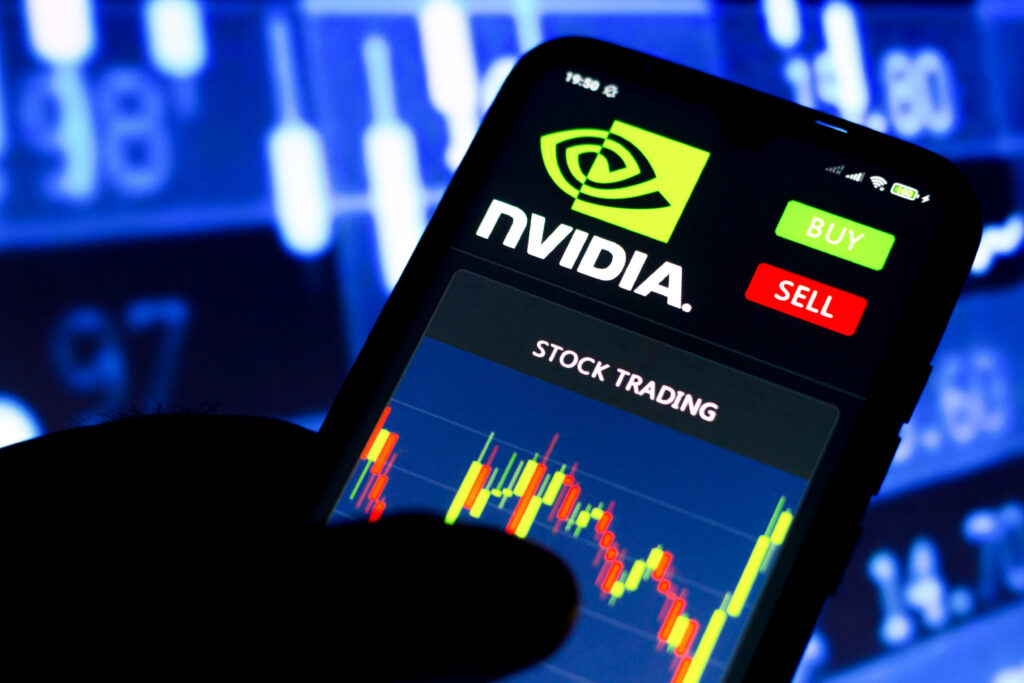Nvidia (NVDA), a leader in AI technology, announced its second-quarter earnings on Wednesday, surpassing both revenue and earnings expectations. The company reported adjusted earnings per share of $0.68 on revenues of $30 billion, while analysts had predicted EPS of $0.64 and revenues of $28.8 billion. This represents a 122% increase in revenue compared to last year, with earnings soaring by 168%.
For the upcoming quarter, Nvidia anticipates revenues of around $32.5 billion, exceeding the $31.9 billion that analysts expected. Despite this positive news, Nvidia’s stock dropped approximately 5% in after-hours trading, with an initial decline of as much as 6%.
A significant portion of Nvidia’s revenue stemmed from its crucial data center business, which generated $26.3 billion—well above the $25 billion forecasted. This marks a remarkable 154% increase from the same quarter last year, when the data center segment earned $10.3 billion.
CEO Jensen Huang remarked on the “incredible” anticipation surrounding the company’s forthcoming Blackwell chip. CFO Colette Kress added that production of Blackwell is set to begin in the fourth quarter, continuing into fiscal 2026, with expected shipments contributing several billion dollars in revenue.
Kress also mentioned improvements made to the Blackwell GPU mask to enhance production yield, and noted that shipments of the existing Hopper chips are expected to rise in the latter half of the year.
Additionally, Nvidia announced a $50 billion increase in its share buyback program, having $7.5 billion remaining from the previous authorization.
While Nvidia’s gaming division, once its primary revenue source, reported $2.8 billion—up 16% year-over-year—the company is now predominantly focused on the AI market, controlling 80% to 95% of the market share, according to Reuters. Nearly half of its revenue is linked to major tech firms such as Microsoft, Amazon, Google, and Meta.
Competitors are not standing still; AMD recently revealed its acquisition of ZT Systems for $4.9 billion, aiming to enhance its capabilities in AI system servers, a key growth area that has significantly boosted Nvidia’s sales.

